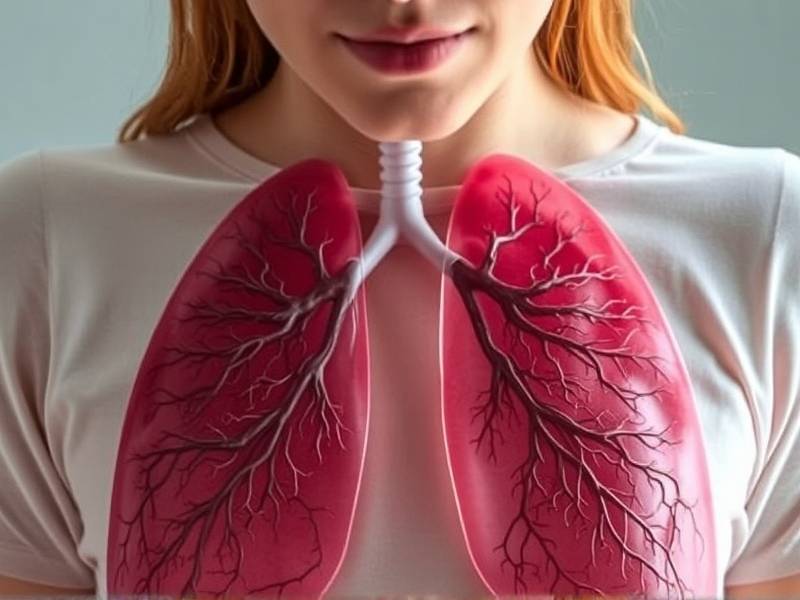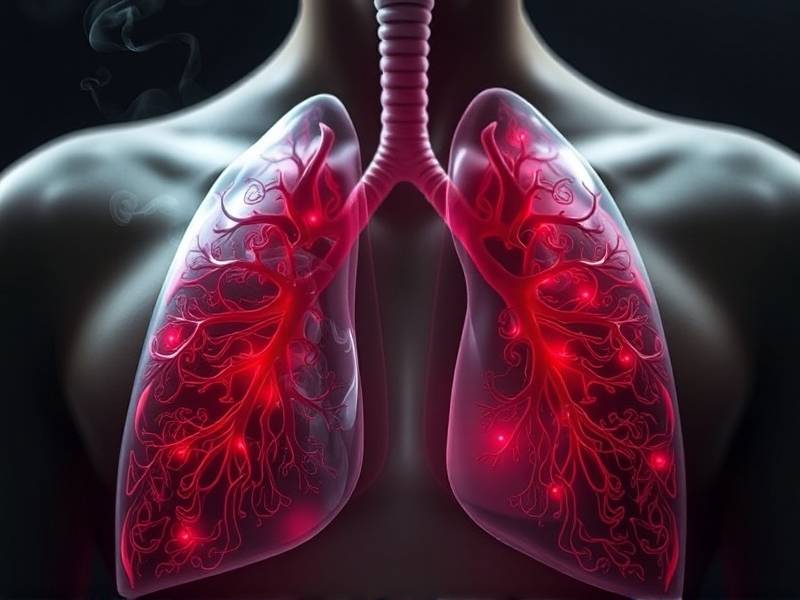Will Quitting Smoking Really Heal My Lungs?
Will Quitting Smoking Really Heal My Lungs?
Introduction: Smoking has been a long-standing habit for many individuals, and the health risks associated with it are well-documented. One of the most significant concerns for smokers is the impact on their lungs. The question often arises: Will quitting smoking really heal my lungs? In this article, we will explore the effects of quitting smoking on lung health and provide insights into how it can lead to healing and improved well-being.
The Damage Caused by Smoking Smoking introduces harmful chemicals into the lungs, leading to various respiratory issues. The primary concern is chronic obstructive pulmonary disease (COPD), a progressive lung condition that makes breathing difficult. Additionally, smoking increases the risk of lung cancer, emphysema, bronchitis, and other respiratory infections.

The Healing Process When you quit smoking, your body begins a remarkable healing process. Here's what happens:
-
Within Days:
- Your heart rate and blood pressure begin to normalize.
- Carbon monoxide levels in your blood decrease.
-
Within Weeks:
- Your lung function starts to improve.
- Coughing and shortness of breath decrease as your airways begin to clear.
-
Within Months:
- Your risk of heart attack decreases.
- The chances of developing COPD decrease significantly.
-
Within Years:
- Your risk of stroke decreases.
- Your risk of lung cancer begins to decline.
The Power of Quitting Smoking Quitting smoking can lead to significant improvements in lung health for smokers at any age. However, it's essential to note that the healing process may vary from person to person based on factors such as age, overall health, and length of time smoked.
Tips for Successful Quitting To increase your chances of successfully quitting smoking and experiencing improved lung health, consider these tips:
- Seek Support: Join a support group or find a quit-smoking program.
- Replace Bad Habits: Find alternative activities or habits that satisfy your urge to smoke.
- Stay Motivated: Set realistic goals and celebrate milestones along the way.
- Consider Medication: Consult with a healthcare professional about prescription medications or nicotine replacement therapy (NRT) options.
Conclusion: In conclusion, quitting smoking can indeed heal your lungs and improve your overall health. While the healing process may take time, the benefits are substantial and worth every effort. By taking proactive steps towards quitting smoking, you can pave the way for a healthier life filled with improved lung function and reduced risk of respiratory diseases. So why not start today?

